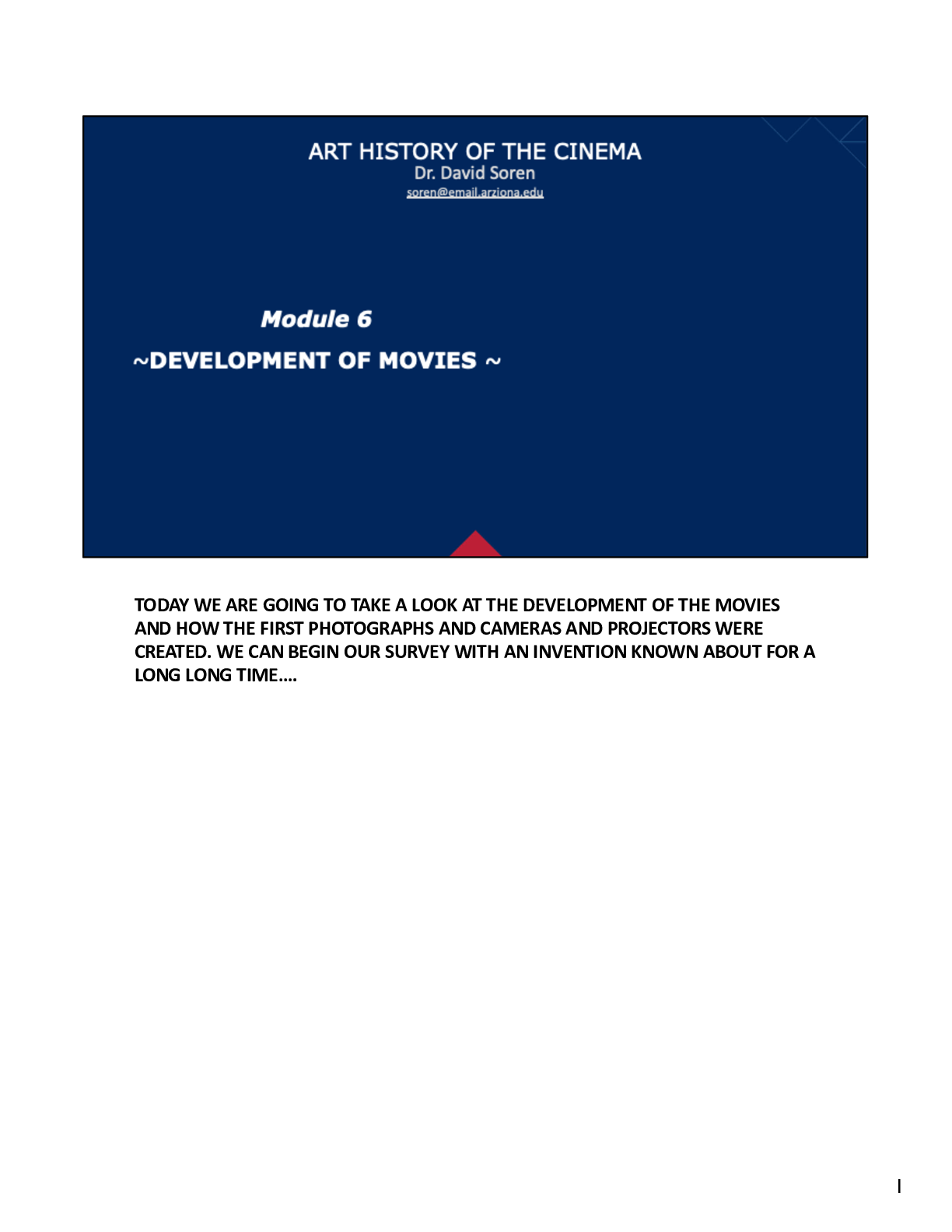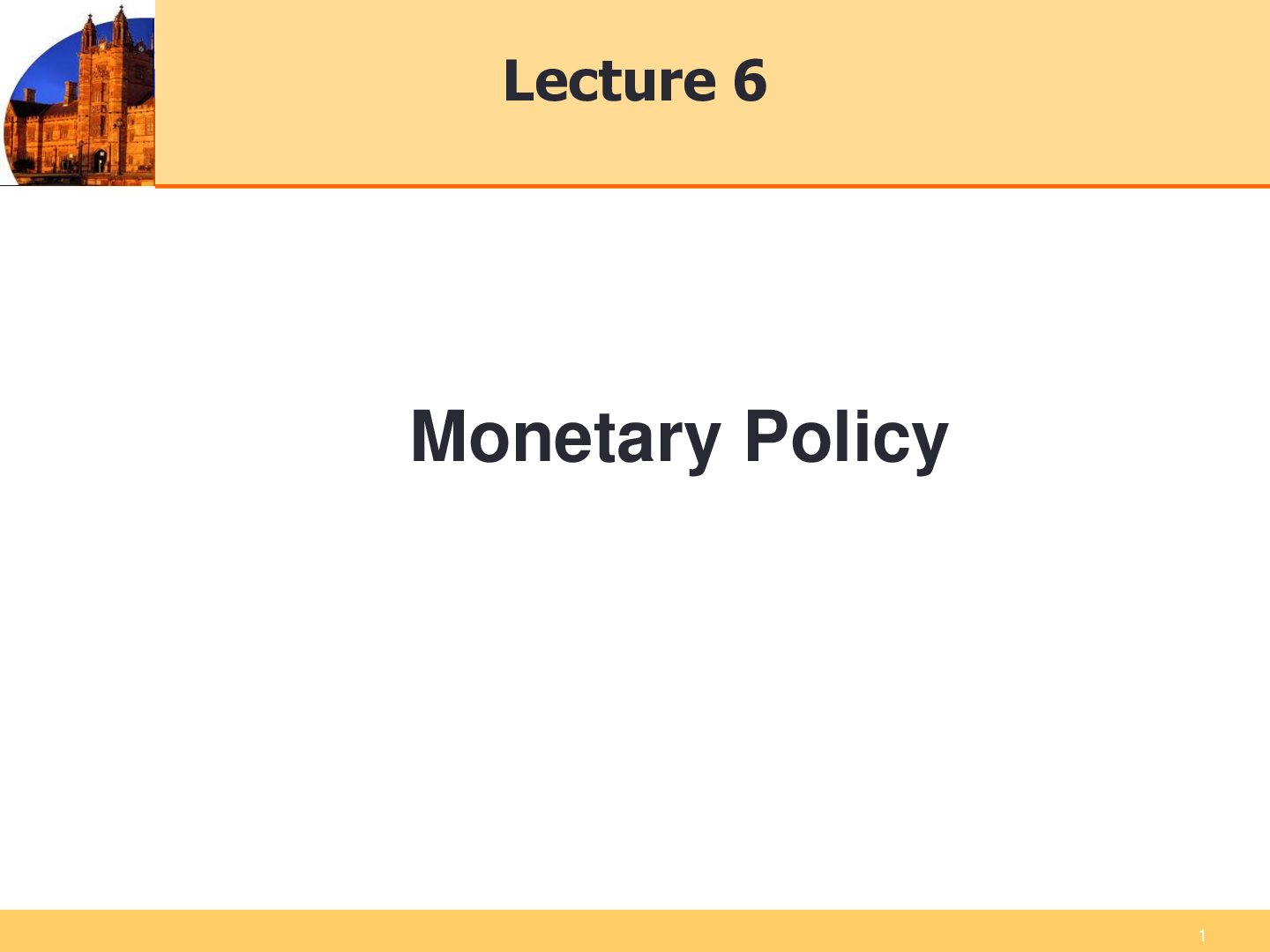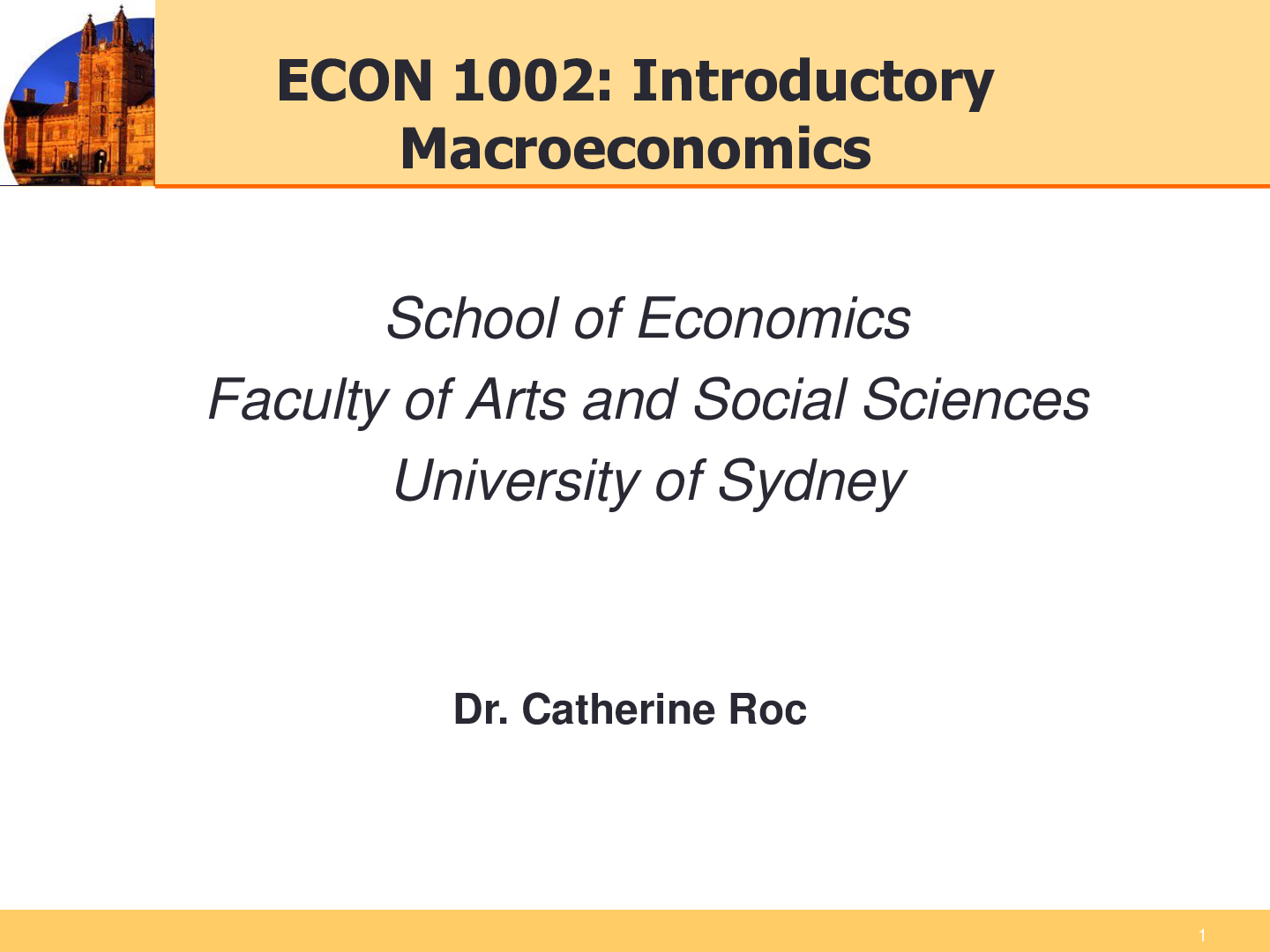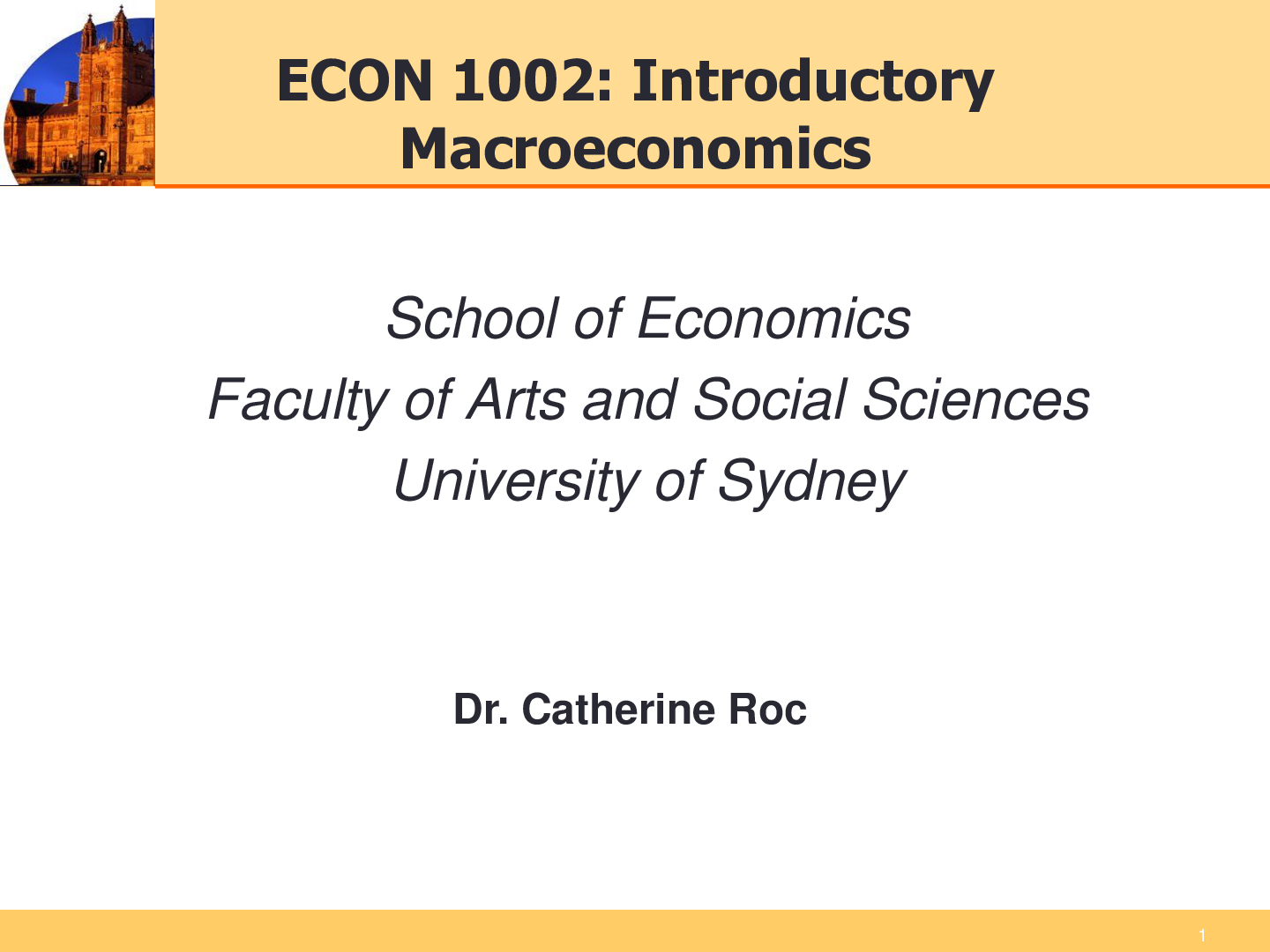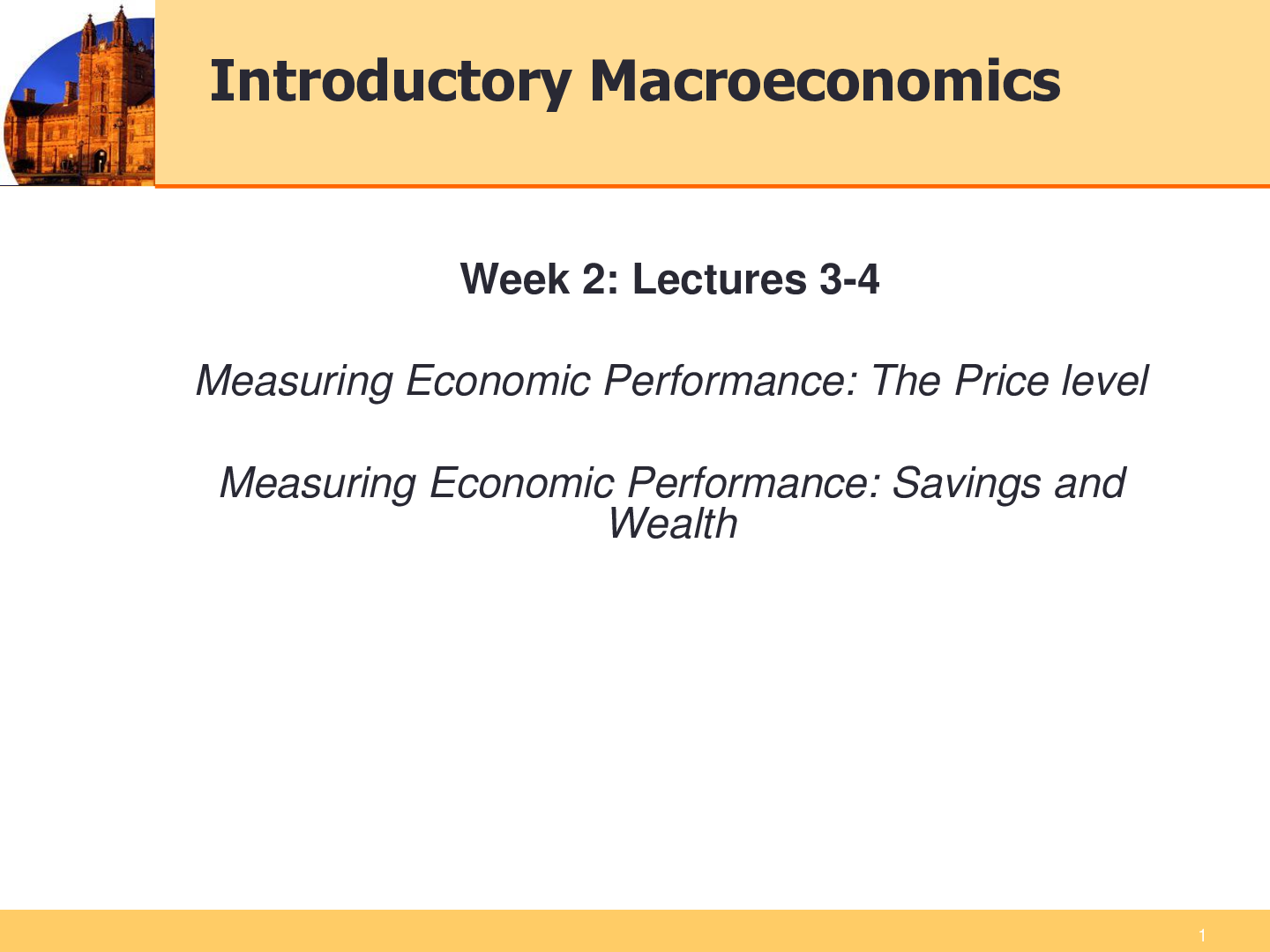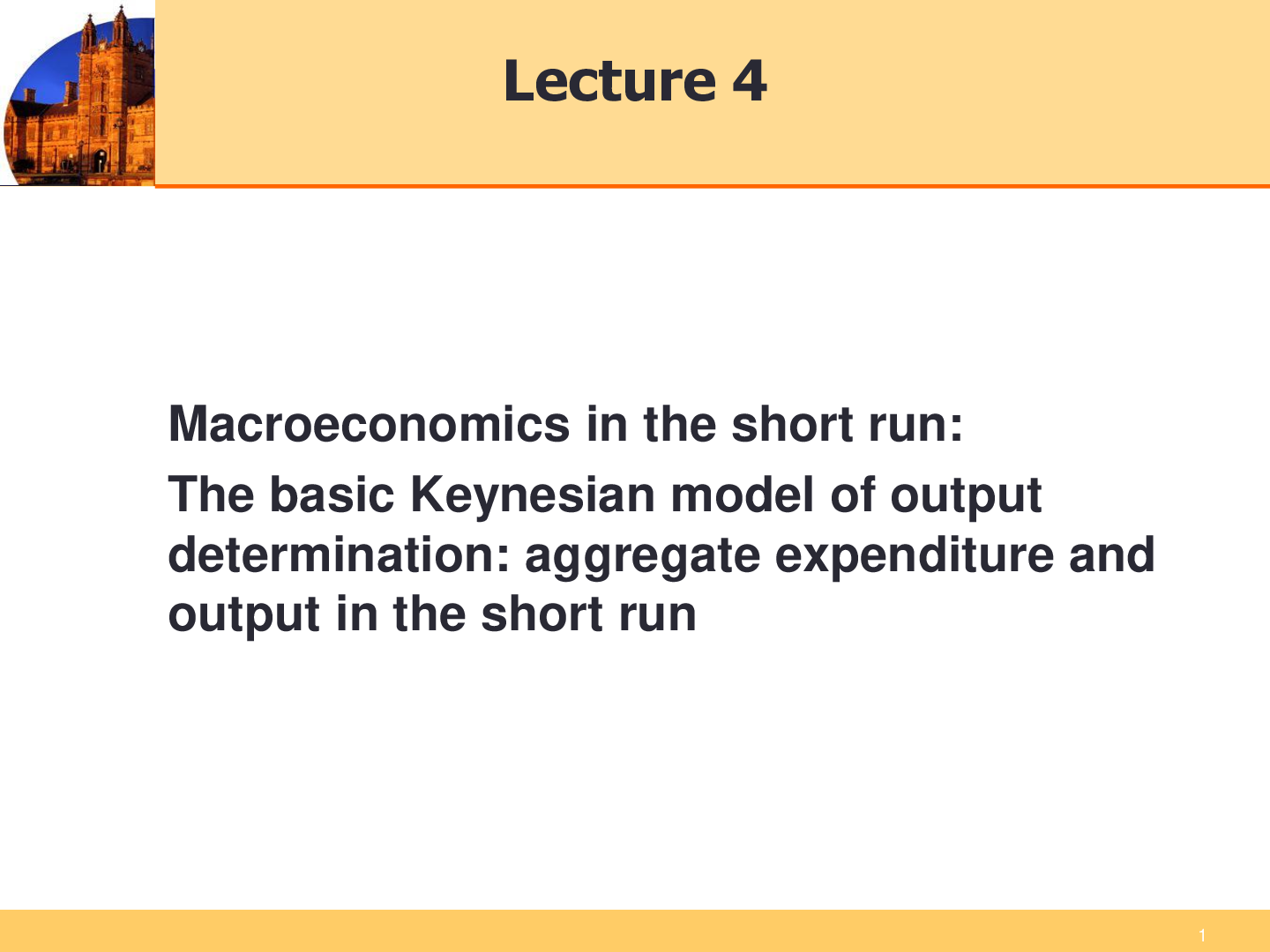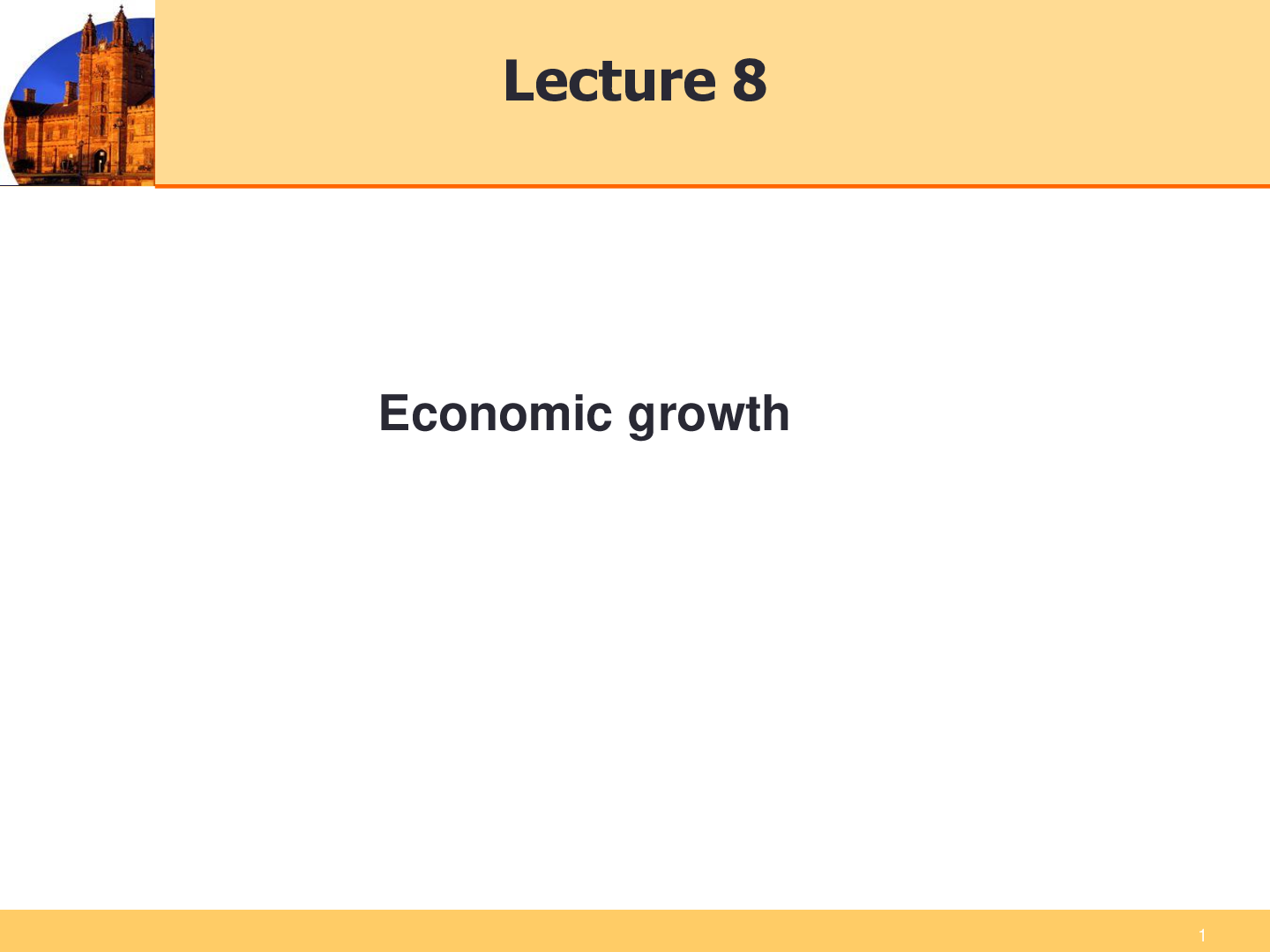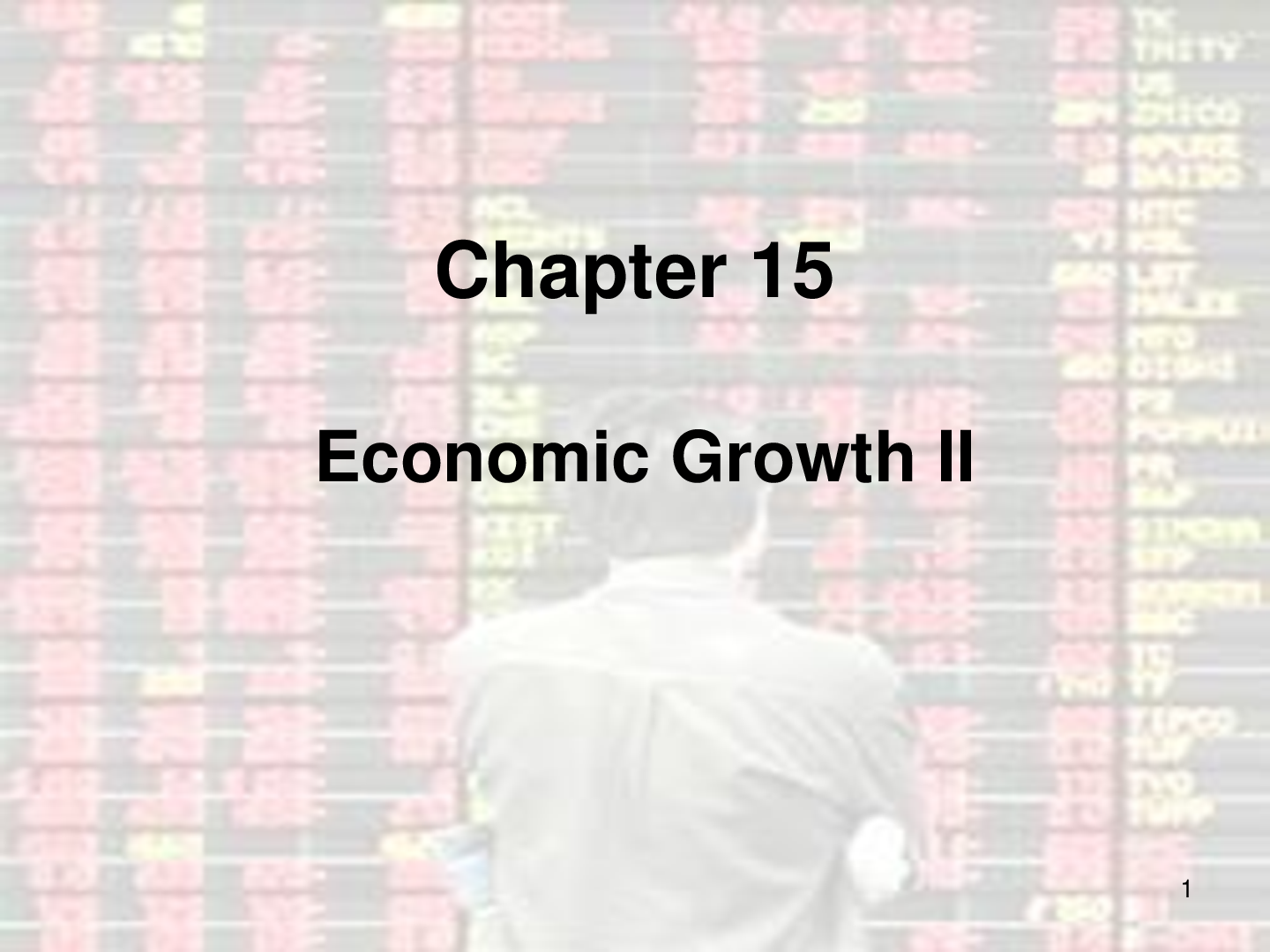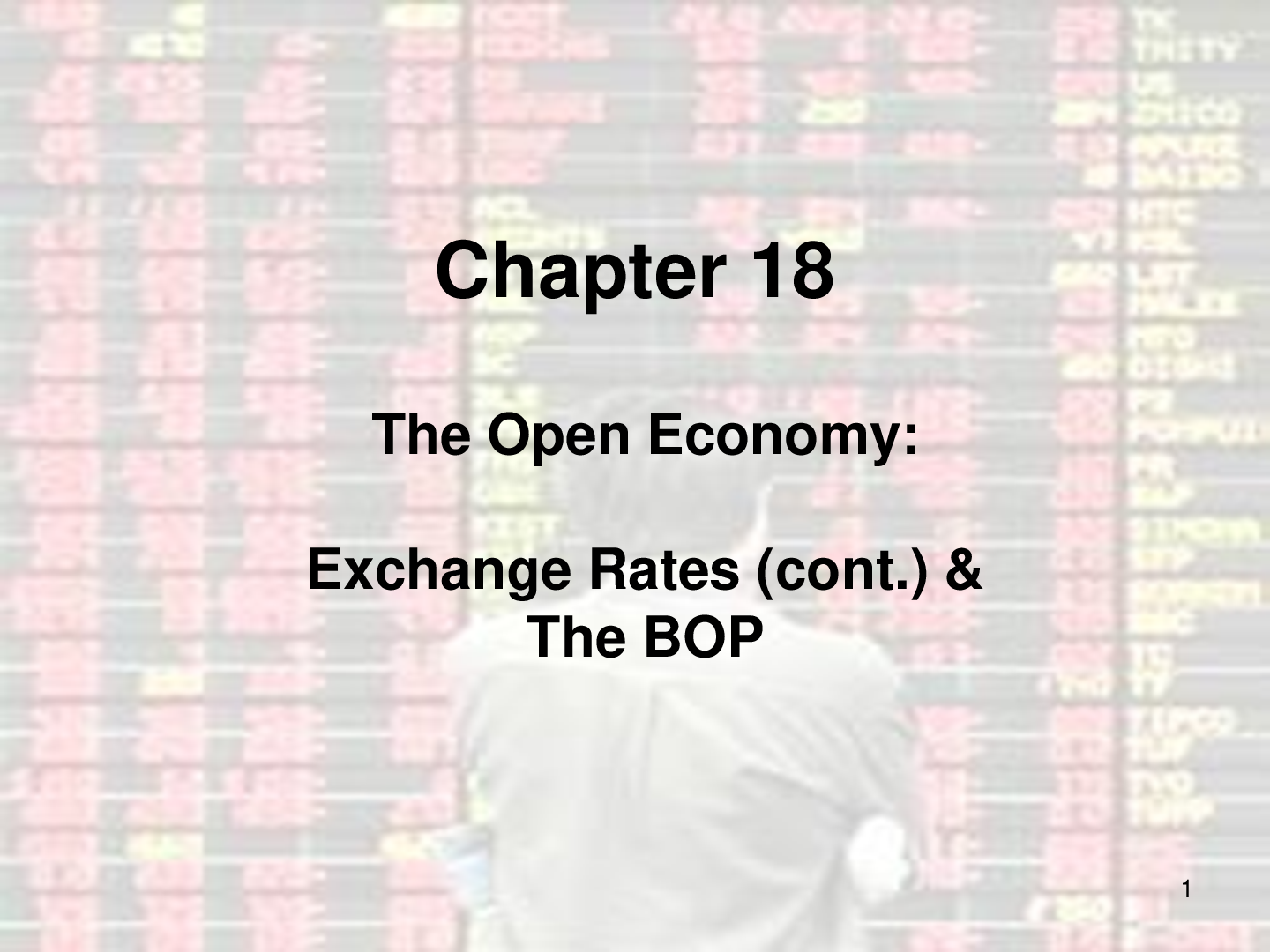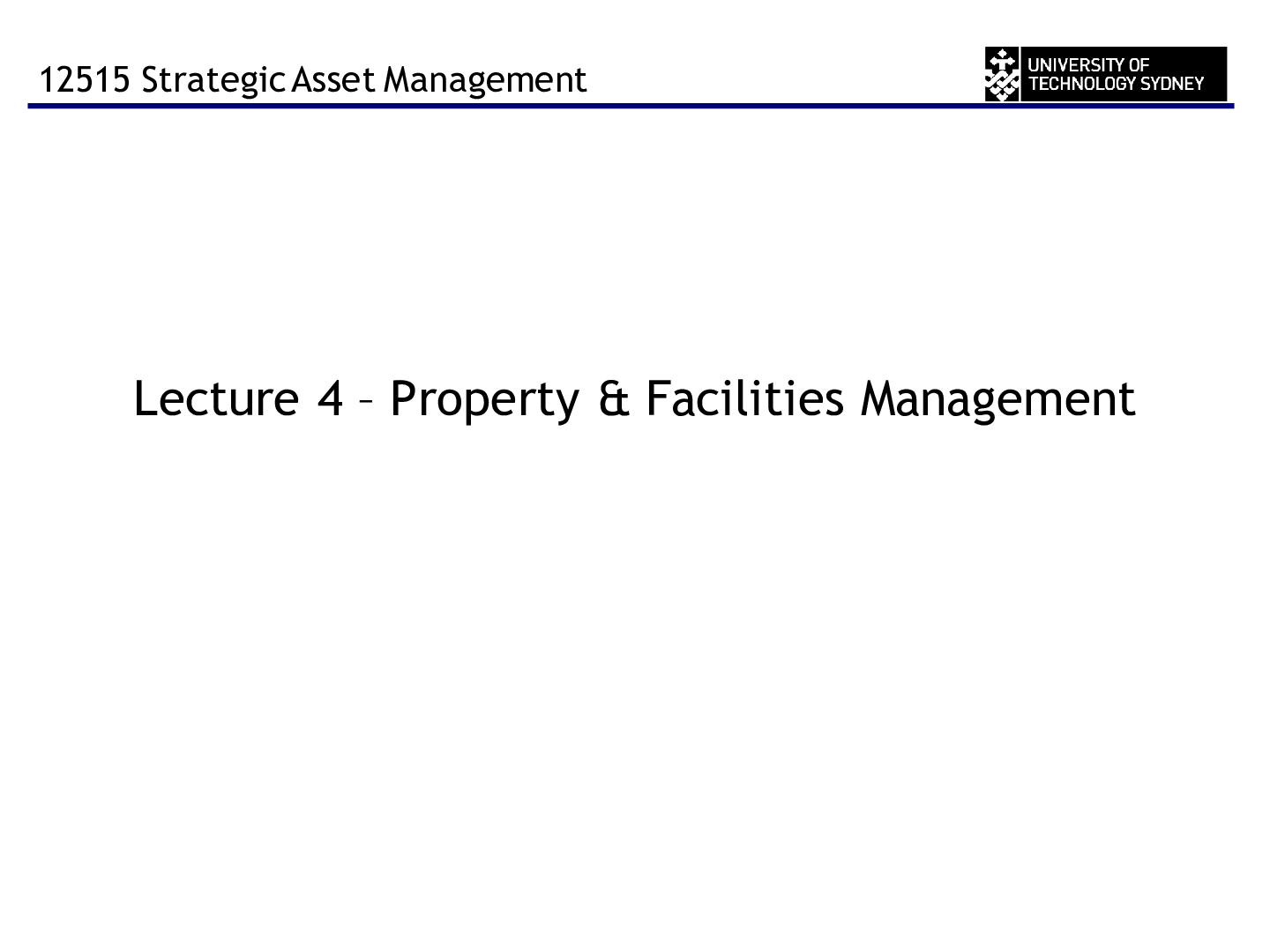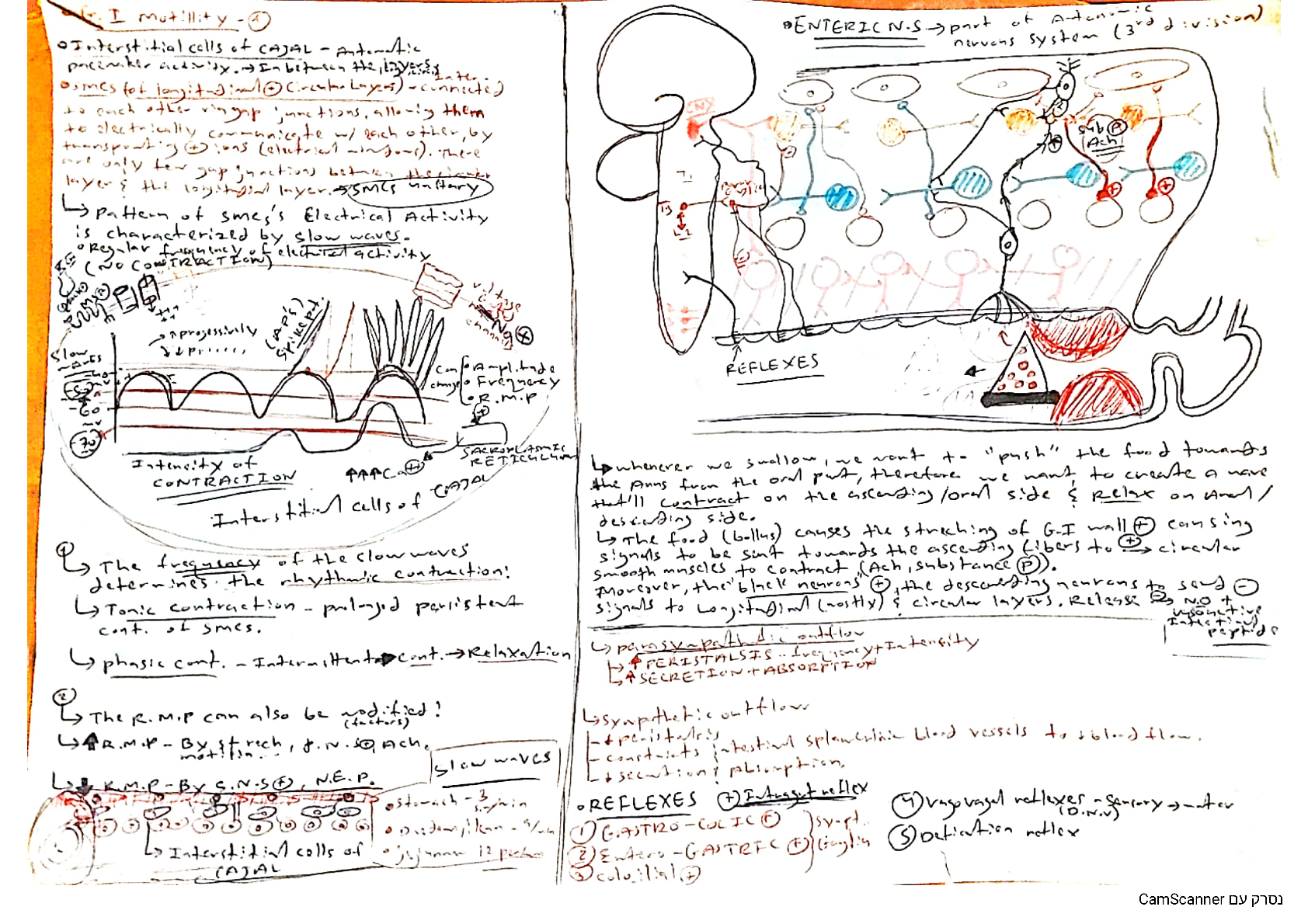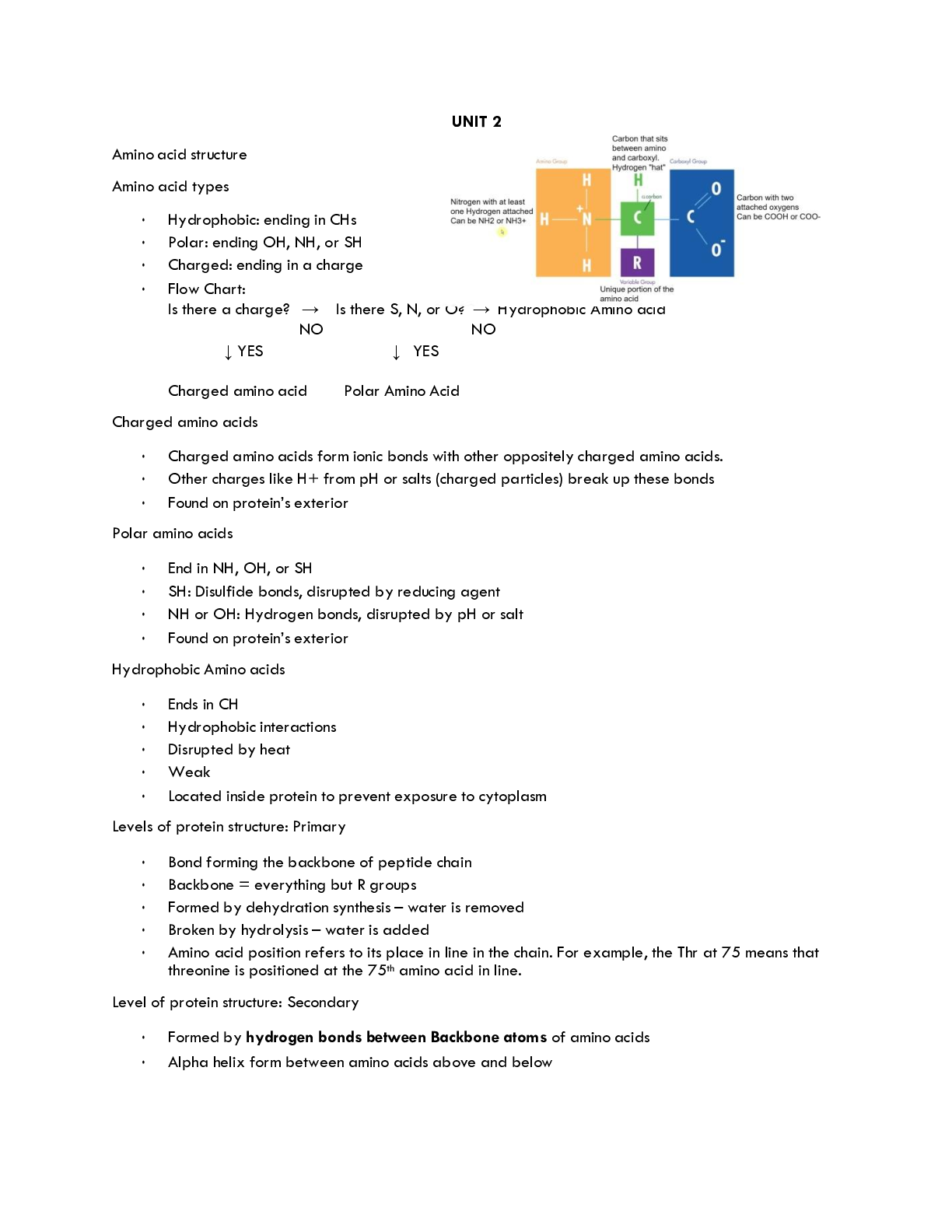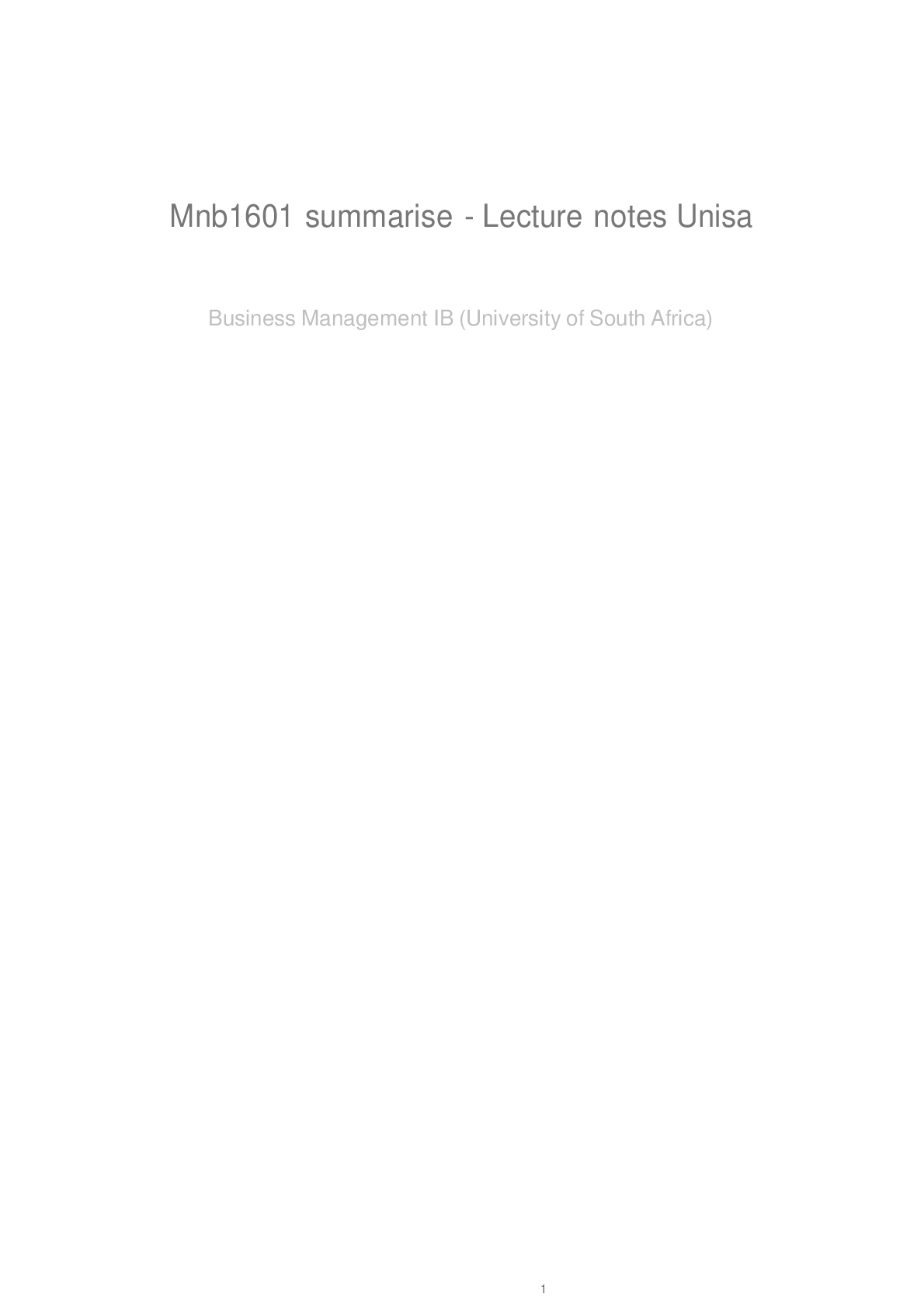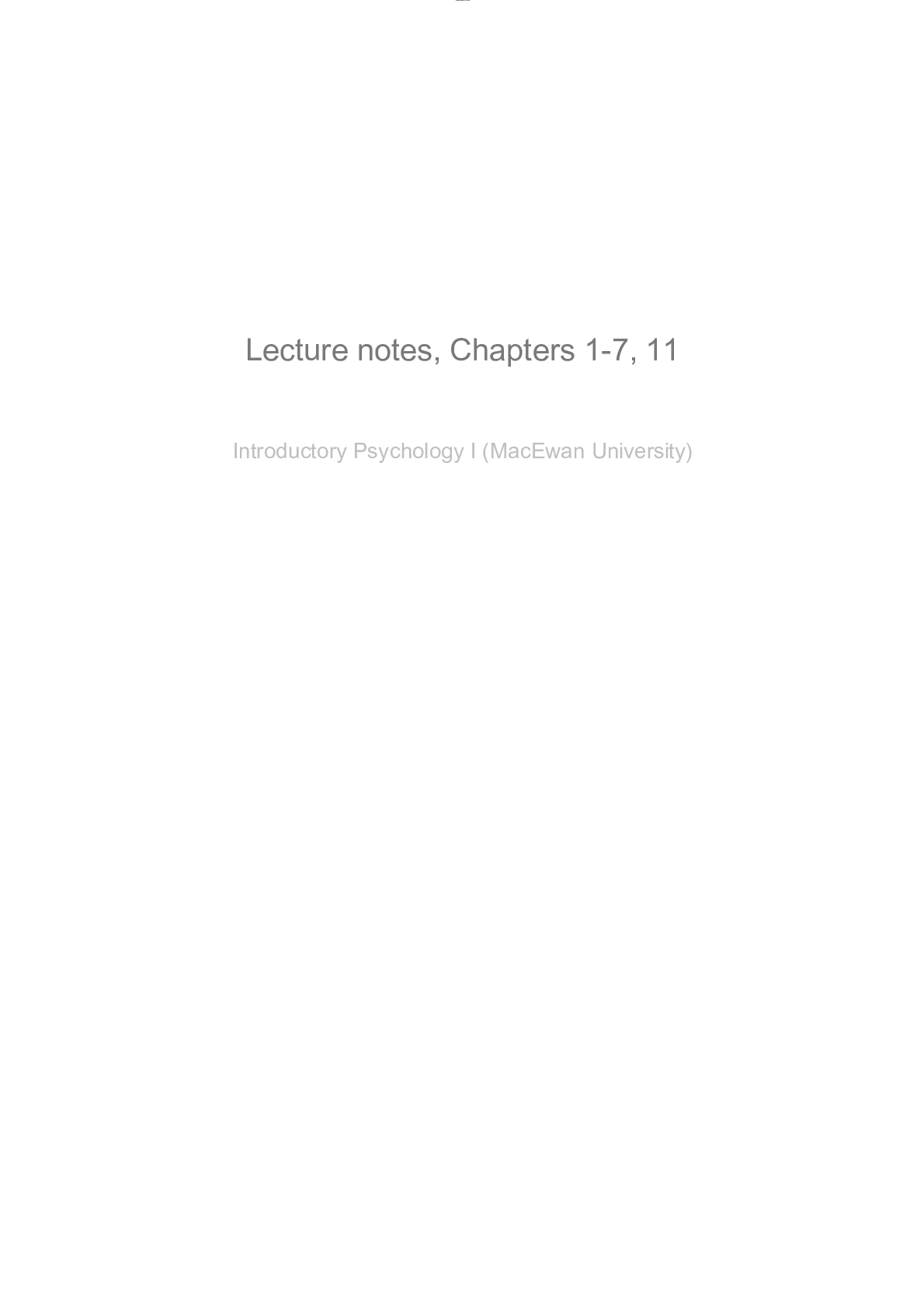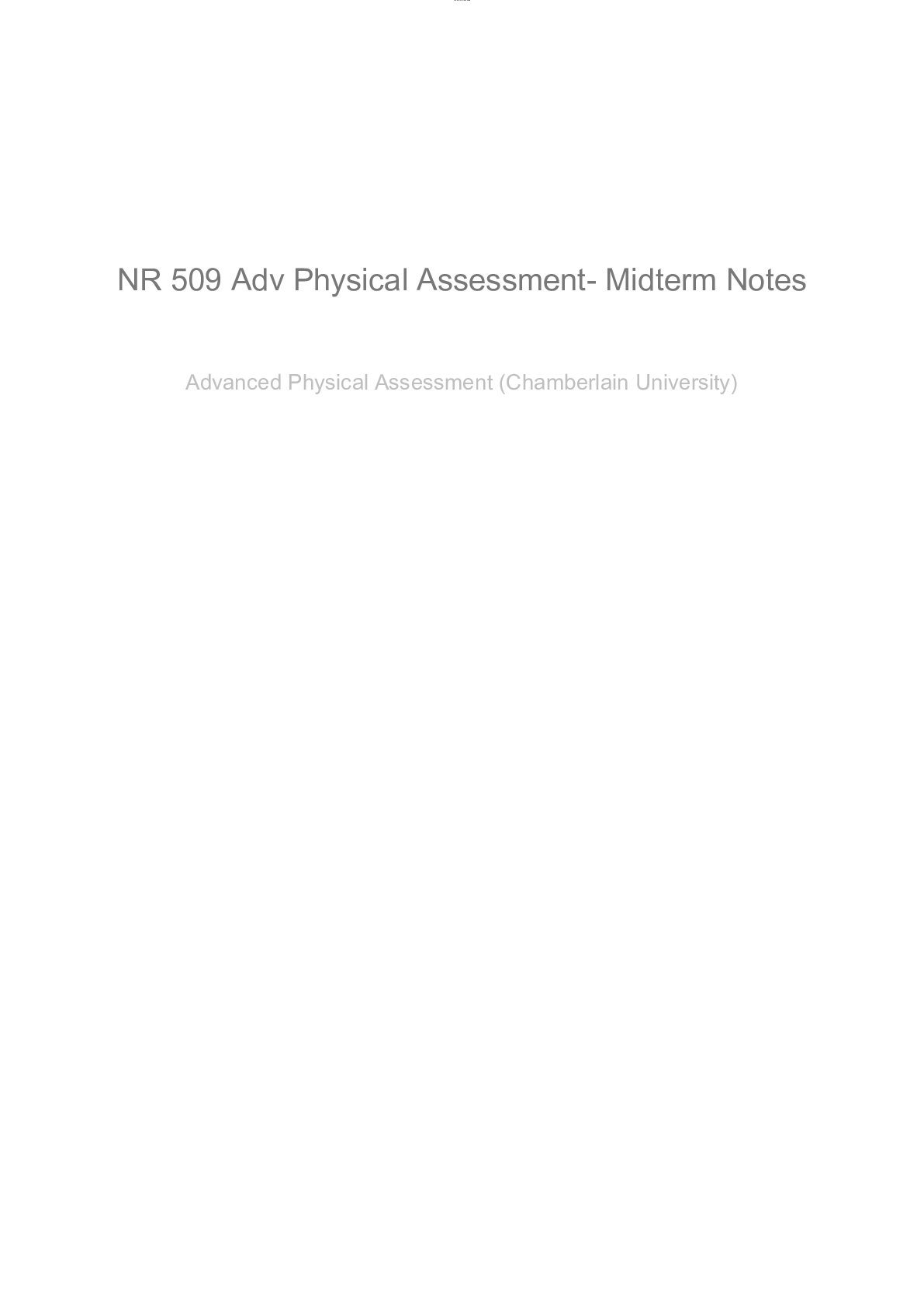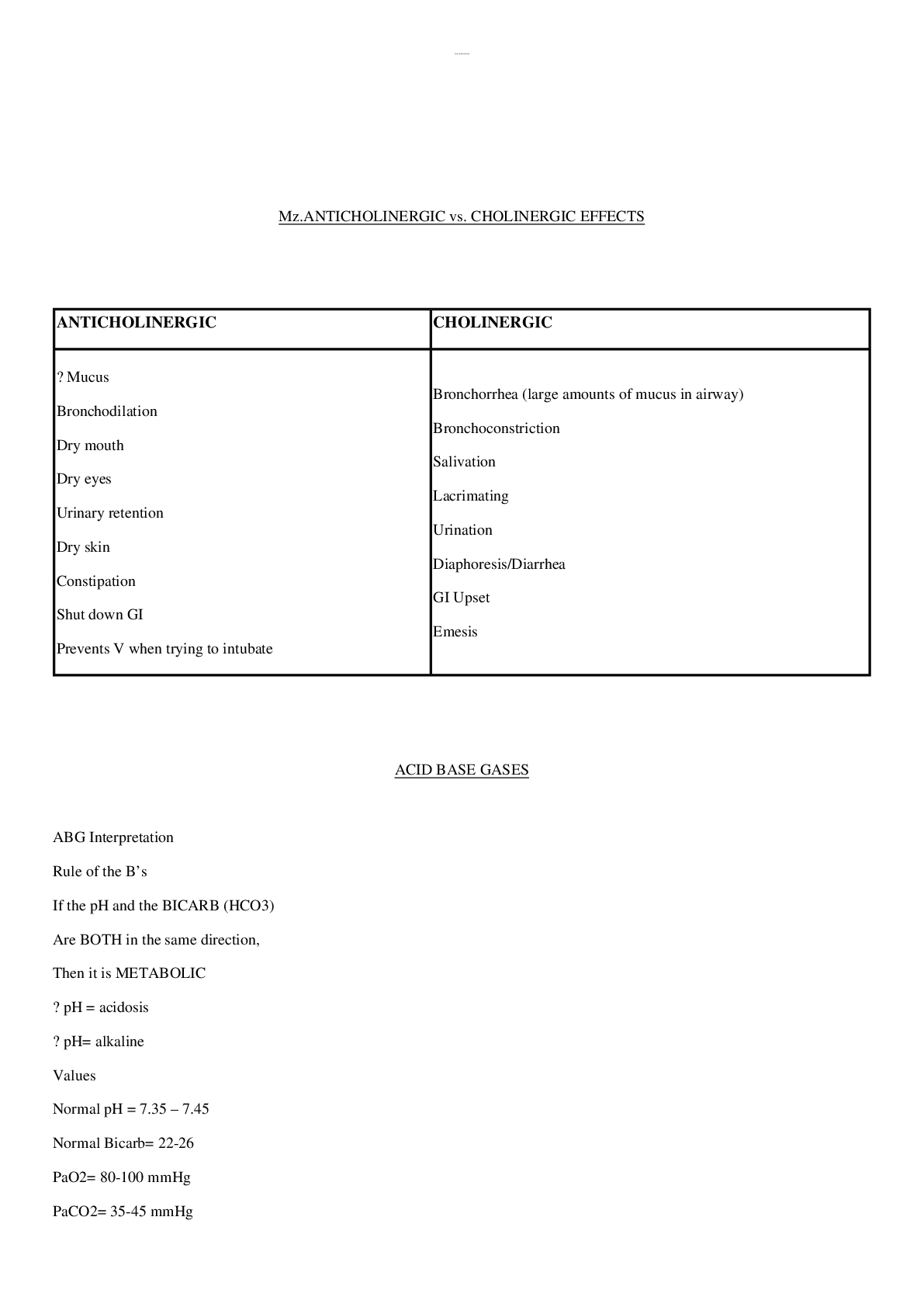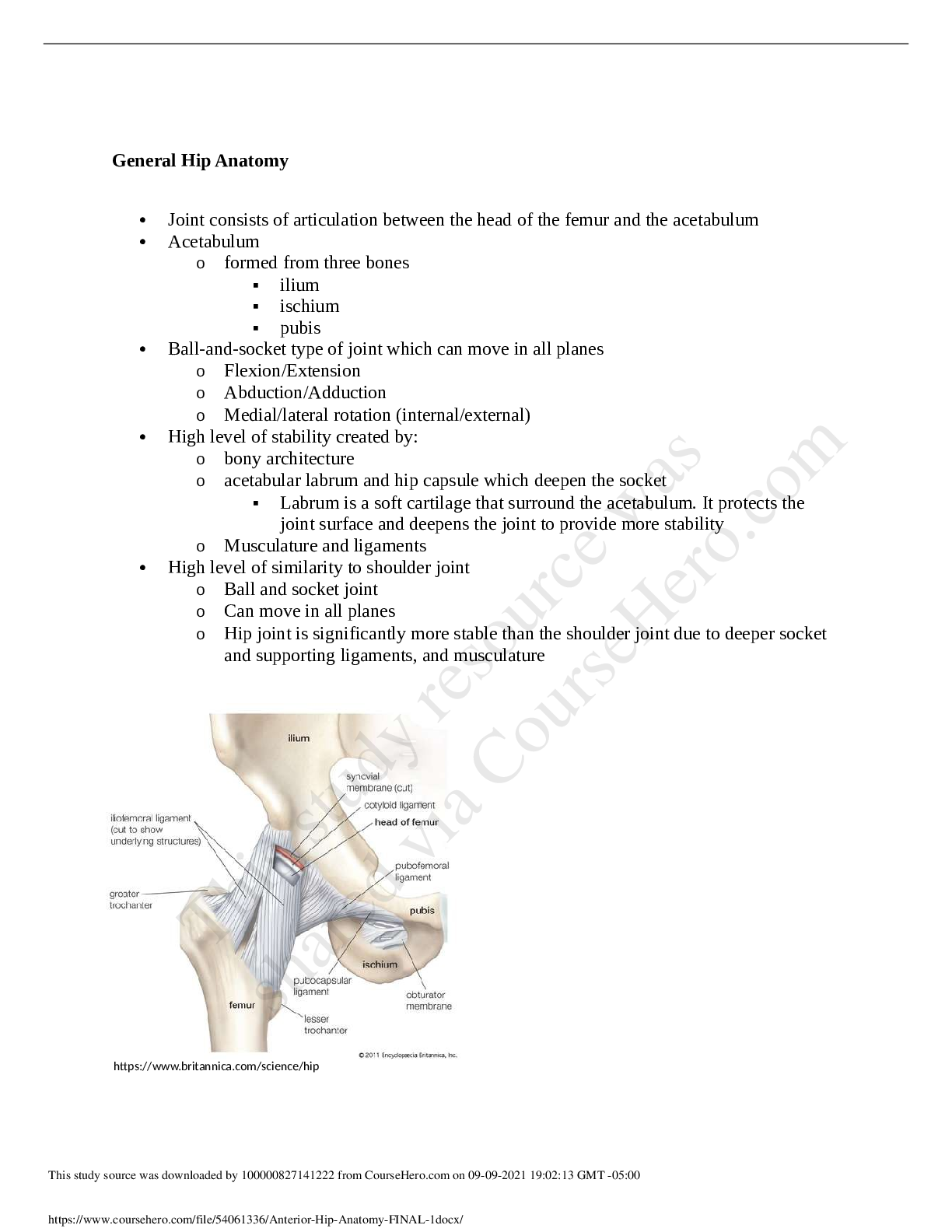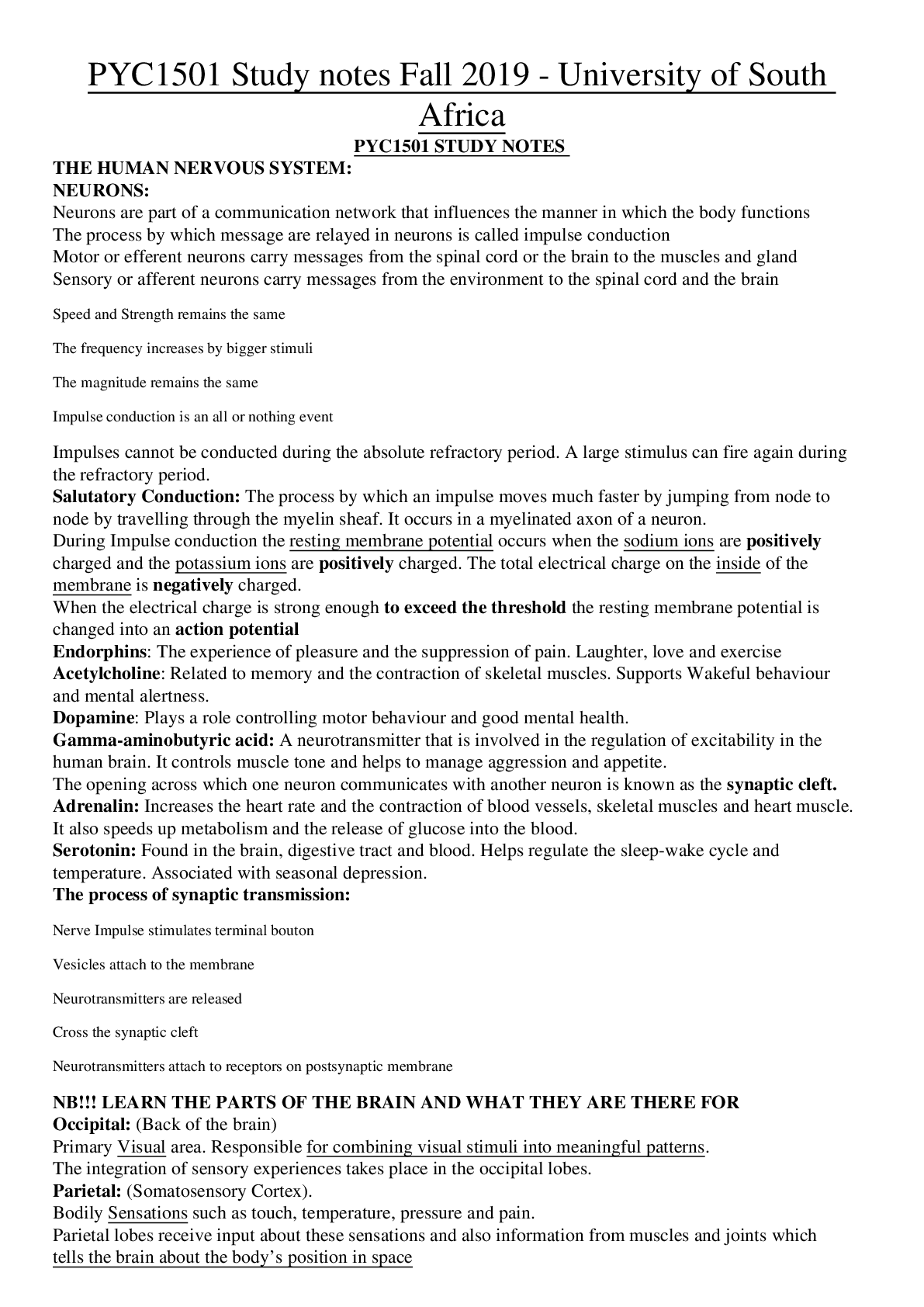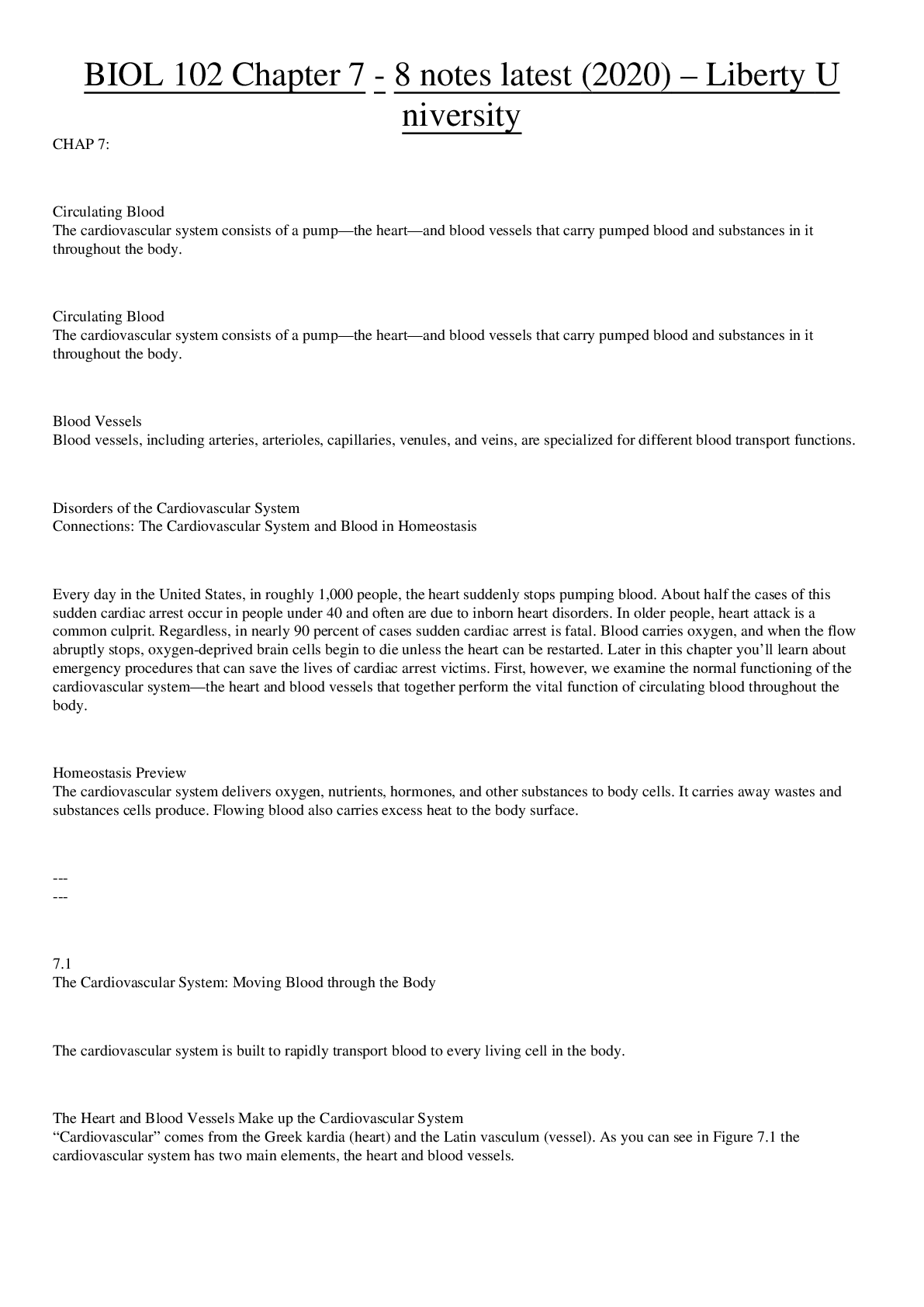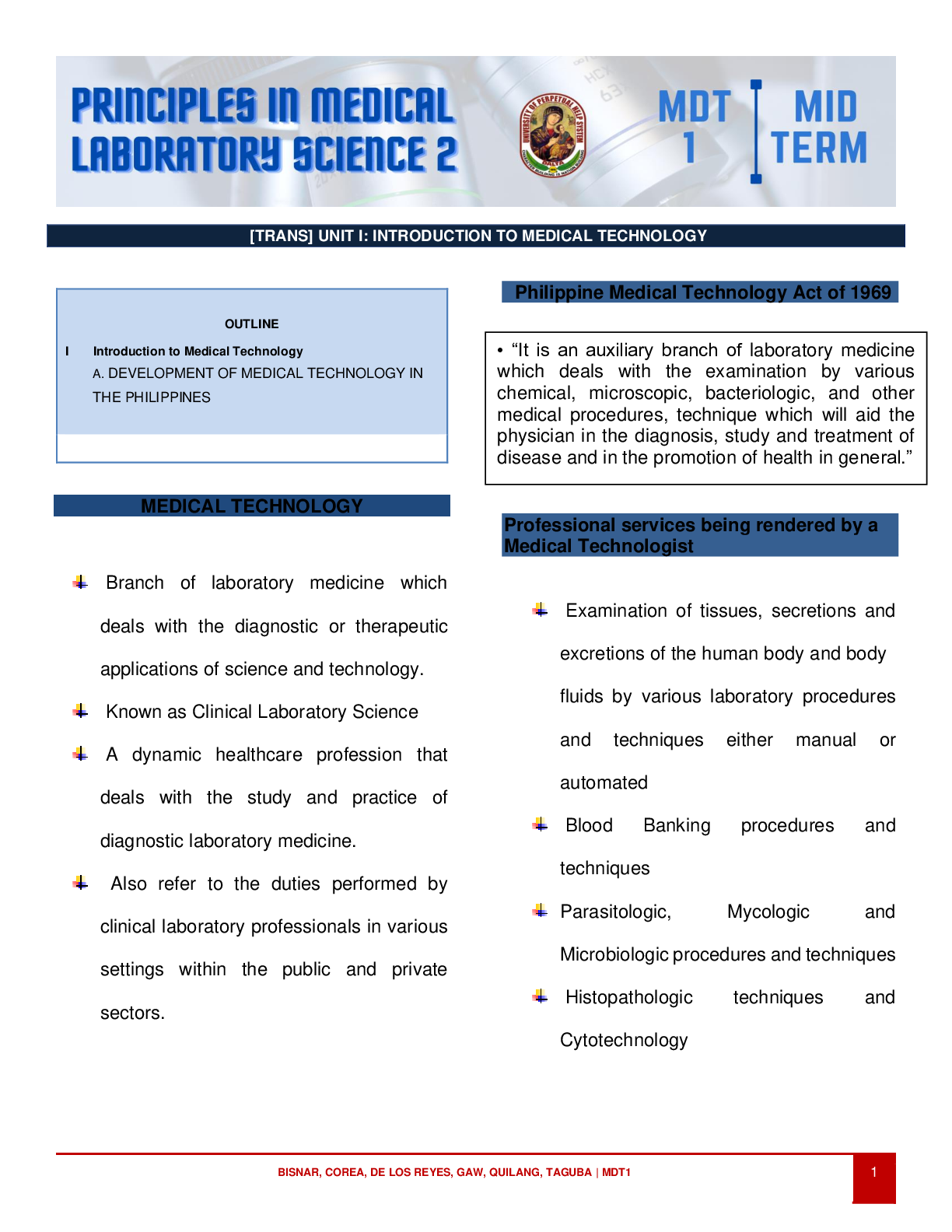Management > LECTURE NOTES > History of Management Part 1 (All)
History of Management Part 1
Document Content and Description Below
History of Management Part 1 Hello again. Welcome again to our discussion about management concepts, and we’re going to talk now about the historical foundations of management. Again this lec... ture is divided into three parts, and in this first part, we’re going to talk about the classical approaches to management. So, we want to talk about what we can learn from history, and what are the management lessons that we can learn from this approach, which was predominance in the early part in the 20th century. But in some environments today that are newly industrialised countries, there is still an emphasis on this approach to management. And in fact in some organisations, it’s also the predominant way of approaching management. So why do we look at management history? Why do we look backwards? Well, we can learn from the past, and take the best forward. There are some things that we have learned over the history of management, for example the emphasis on communication and interpersonal skills, which we carry through, and will always be carried through, because management is essentially about dealing with people. We don’t want to reinvent the wheel, so some of the things that have been brought up as new and innovative ideas have actually been around for a long time. Sometimes they’ve been tried and tested before, and found not to be successful, and that’s where we can learn from past mistakes. So one of the, one quote here is that, experience is that marvellous thing that enables you to recognise a mistake when you make it again. But there are things that have been done in the past that have not worked, and that people have, sometimes they go back to these ideas, but again, we learn that they are things that won’t work with people. So one example of this is treating people like machines. It just doesn’t work. People are not machines, and you’re not going to get the best out of people if you just treat them as a cog in a great organisational system. But we’ll come to that, and examine that, through this examination of classical management. And we can, theories are an organised way of thinking about things, so we can challenge those theories, and we can say that, that has been tried in the past, and it wasn’t successful. So theories can also help us to define concepts about a subject. So, one of the things you’ll notice in this course is that with every, the beginning of every lecture, we’ll start off with defining a few concepts. What we mean about, what we mean by these words that we use. And this helps us then to all be on the same page so that we can understand what we are talking about. And organising those definitions so that they don’t contradict each other is important. And theories should help us to explain what’s happening, but also predict as to what could happen. So you’ll find this as we, in this course as we use theories to analyse case studies. We’ll look at problems. So say for example, the very first case study that we presented in this course, was the case study on Valve Software, the Valve Corporation. And they claim that they have, that they are successful, and part of their success is that they have no managers. But if we look at some theories of management, and what management is, even that theory that we presented before on planning, leading, organising and controlling, what we can see from this story is that this happens in all organisations. And whether we have one person who is defined as the planner, one person who is defined as the leader, it’s not important. Those things have to occur in an organisation for the organisation to function effectively in terms of management. So that theory will help us to say that, although they claim there’s no managers in the organisation, the management function is still alive and is operated by various people. Now whether you call them managers or not, it actually is still occurring in the organisation and needs to be developed. Theories help us to take emotion out of issues, take the personal side of arguments out, and help us to analyse situations from more of an impersonal perspective. And most of us have theories. We have theories about who would make the best life partner for us, we have our own particular theory on that. We may have our own particular theory on what kind of, what kind of social network works for us. We all have these theories and ideas. So the classical approaches to management we can divide into three main streams. First of all, and these are the three that were going to look at, the assumption behind the classical approach to management is that people are rational, and they can be predicted. And the first approach that we’ll examine is the scientific management approach by Frederick Taylor, and also represented by Frank and Lillian Gilbreth, who did Time in Motion Studies etcetera. We’ll look at that in a moment. Then the Administrative Principles Theories from Henri Fayol, a Frenchman. And The Bureaucratic Organisation as defined originally by Max Weber. [Show More]
Last updated: 1 year ago
Preview 1 out of 9 pages

Reviews( 0 )
Document information
Connected school, study & course
About the document
Uploaded On
Jan 03, 2020
Number of pages
9
Written in
Additional information
This document has been written for:
Uploaded
Jan 03, 2020
Downloads
0
Views
116

.png)

